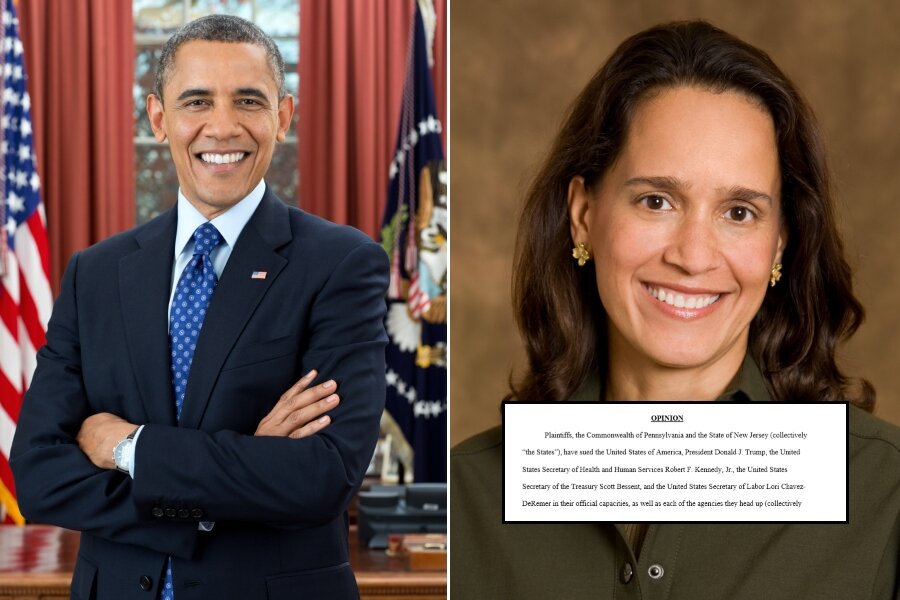A federal judge on Aug. 13 vacated a rule that lets employers with religious objections opt out of an Affordable Care Act requirement that states the employers’ insurance should cover abortion and contraceptives.
U.S. District Judge Wendy Beetlestone said that the rule, and a similar rule relating to moral objections, both of which were put into place in 2018 during the first Trump administration, were arbitrary and capricious, and in violation of federal law.
Beetlestone analyzed the rationale for enacting the rules, including a reliance on the Religious Freedom Restoration Act (RFRA)—a law that bars the government from “substantially burden[ing] a person’s exercise of religion unless certain exceptions are met—and concluded it did not support the rule.”
“The Rule is not arbitrary and capricious because it draws imprecise lines. It is arbitrary and capricious because the Agencies identified a problem (RFRA violations) and then proposed a solution that is not rationally connected to solving that problem (exempting organizations whose compliance with the Accommodation posed no potential conflict with RFRA to begin with),” the judge said in a 55-page decision.
She ruled against the federal government and in favor of Pennsylvania and New Jersey, which sued over the rules, and vacated them.
Lawyers for Little Sisters of the Poor—a Catholic organization that is a defendant-intervenor in the case—decried the decision.
“The district court blessed an out-of-control effort by Pennsylvania and New Jersey to attack the Little Sisters and religious liberty,” Mark Rienzi, president of Becket, a nonprofit, public-interest legal institute, said in a statement.
“It’s bad enough that the district court issued a nationwide ruling invalidating federal religious conscience rules.”
“But even worse is that the district court simply ducked the glaring constitutional issues in this case, after waiting five years and not even holding a hearing. It is absurd to think the Little Sisters might need yet another trip to the Supreme Court to end what has now been more than a dozen years of litigation over the same issue. We will fight as far as we need to fight to protect the Little Sisters’ right to care for the elderly in peace.”
The most recent previous ruling on the matter came in 2020.
Share your thoughts by scrolling down to leave a comment.













